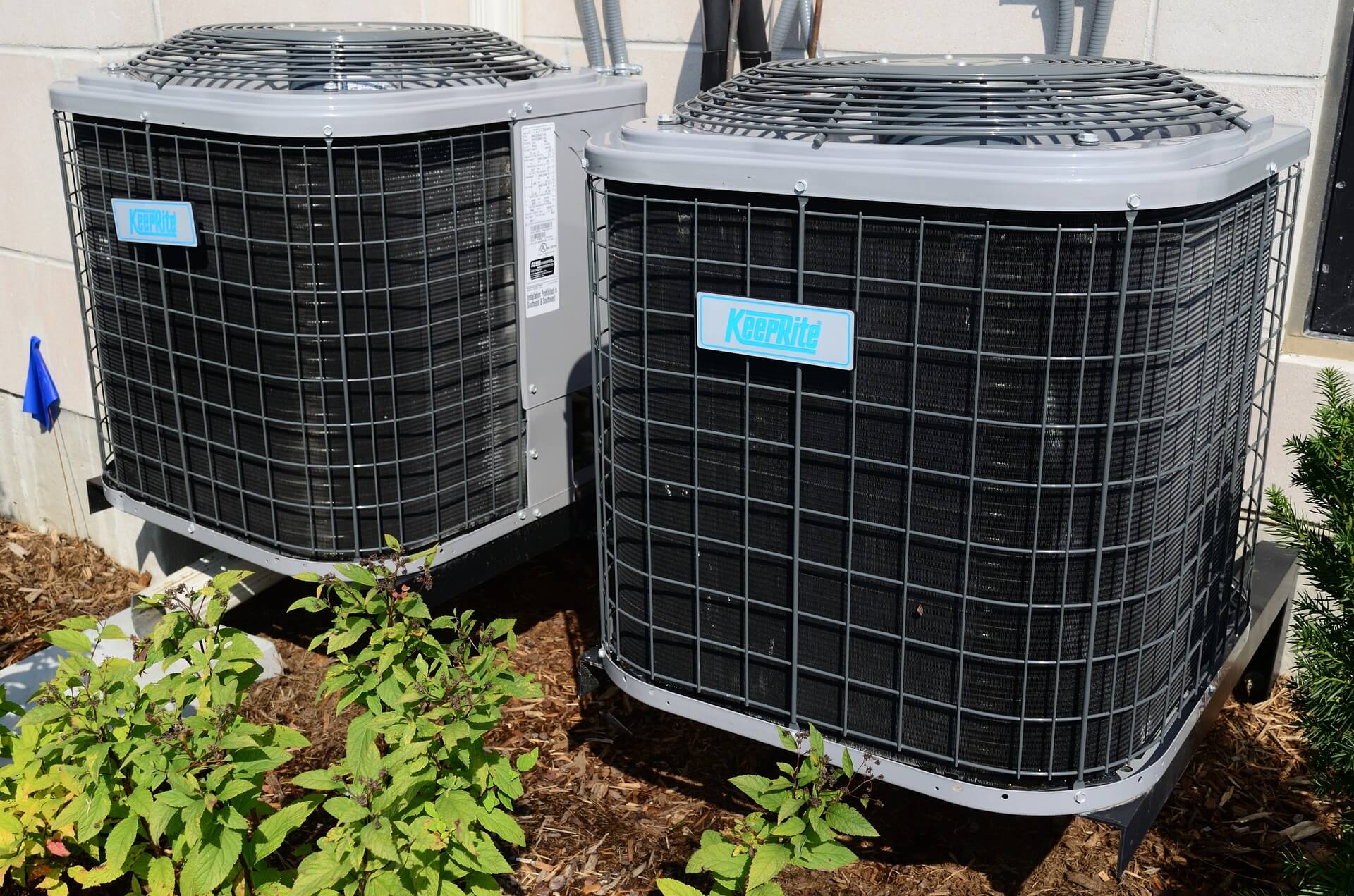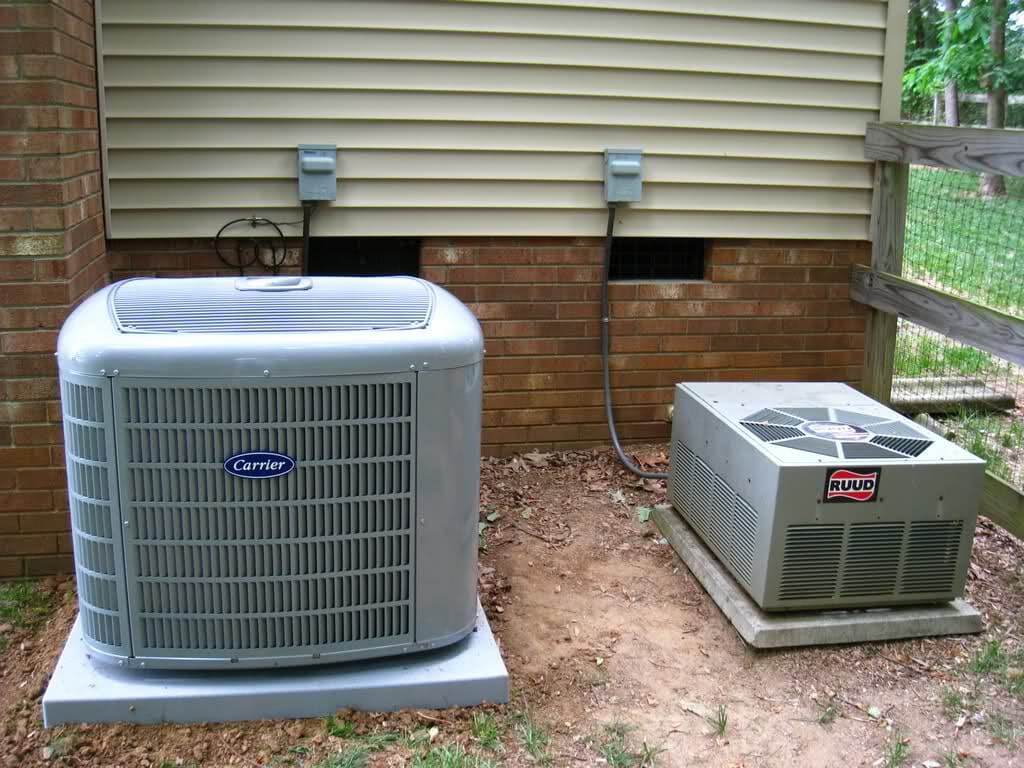Successfully moving a homeowner through the sales process to close a deal is an art and a science. If your home improvement business has underperforming salespeople and a lackluster marketing plan, you’re likely missing out on valuable contracts. Here’s a deeper dive into the most common factors that cause homeowners to look elsewhere and how to address them.
Response Time
The Importance of Quick Follow-Up
How much time passes between a homeowner requesting information and your team contacting them? If the response time is slow, homeowners will likely move on to other contractors.
People expect quick responses. If your team doesn’t follow up promptly, potential clients will talk to the next contractor on their list. Studies consistently show that contacting a lead within the first five minutes can increase the likelihood of conversion by orders of magnitude compared to contacting after 30 minutes.
Actionable Tips:
- Automate Initial Responses: Use CRM software to send instant acknowledgments to new leads. This immediate contact reassures the homeowner that their request has been received and is being processed.
- Set Response Time Goals: Aim to respond to inquiries within 5-10 minutes during business hours. Implementing a response time goal can significantly enhance lead engagement.
- Monitor Performance: Regularly review response times and adjust processes to improve speed. Utilize analytics to identify bottlenecks and areas for improvement.
Pro Tip: Implement a lead routing system that ensures the right salesperson receives the lead promptly based on geographic location or project type.
Homeowner Confidence
Building Trust Through Social Proof and Transparency
When homeowners are preparing to invest in a major project, trust is paramount. They need assurance that they are hiring a reliable contractor who will deliver quality results. Building homeowner confidence is absolutely necessary for closing deals.
Effective Strategies
- Leverage Social Proof: Encourage satisfied clients to leave positive reviews on platforms like Google, Yelp, BestCompany.com, and your own website. Highlight these reviews prominently on your homepage and social media.
- A contractor who regularly requests reviews post-project completion can build a robust online presence, making them more attractive to potential clients.
- Showcase Success Stories: Share before-and-after photos of your completed projects. These visuals help potential clients envision the results and build excitement.
- Create a dedicated section on your website for case studies that include detailed project descriptions, challenges faced, solutions provided, and client testimonials.
- Offer Guarantees: Provide clear, written guarantees for your work to reassure homeowners of your commitment to quality. Explain your warranty policies and any certifications your team holds.
Pro Tip: Regularly update your online portfolio and review section to keep the content fresh and relevant. This ongoing effort demonstrates your active engagement and continuous delivery of quality work.
Deep Dive into Social Proof
- Creating a Review Strategy: Develop a strategy to consistently gather reviews. This can include follow-up emails post-service, providing incentives for reviews, and making the review process simple and accessible.
- Using Reviews in Marketing: Integrate positive reviews into your marketing materials, such as brochures, social media posts, and email campaigns. This reinforces trust across multiple touchpoints.
- Addressing Negative Reviews: Proactively manage and respond to negative reviews. Show potential clients that you are committed to resolving issues and improving your services.
Sales Team Pressure
Balancing Information Sharing with Relationship Building
A pushy sales team can be a major turn-off for potential clients. Early in the contractor marketing campaign, the focus should be on providing valuable information and education while building a genuine relationship with each lead.
Best Practices:
- Adopt a Consultative Approach: Rather than pushing for a quick sale, focus on understanding the homeowner’s needs and offering tailored solutions.
- A sales team that uses discovery calls to understand the homeowner’s vision and budget can offer more personalized and relevant solutions.
- Train Your Team: Ensure your sales team is skilled in relationship-building techniques and understands the importance of patience. Regular training sessions can keep the team updated on best practices.
- Follow Up Strategically: Maintain regular, but not overwhelming, contact. Use reminders and follow-up schedules to stay engaged without being intrusive.
- Implement a CRM system that tracks interactions and sets reminders for follow-ups. Customize follow-up messages to keep them personal and relevant to the homeowner’s interests and needs.
Remember: It’s about finding the balance between staying in touch and giving homeowners the space they need to make informed decisions.
Enhancing Sales Team Training
- Role-Playing Exercises: Conduct regular role-playing exercises to simulate different sales scenarios. This helps the team practice handling objections and building rapport.
- Customer Feedback: Use feedback from past clients to improve your sales approach. Understanding what worked and what didn’t can refine your strategy.
- Sales Metrics: Track key sales metrics, such as conversion rates and average deal size, to identify strengths and areas for improvement. Regularly review these metrics with your team to set goals and strategies.
Improving the Sales Funnel
Enhancing Your Sales Process for Better Results
Implementing the above tips can bring about notable improvements in your ability to close deals. Regularly evaluate your sales funnel to identify weak points and opportunities for enhancement.
Key Areas to Focus On:
- Lead Qualification: Ensure your leads are well-qualified before they enter the sales funnel to increase conversion rates.
- Develop a lead scoring system based on factors such as project size, homeowner readiness, and budget. This helps prioritize leads that are more likely to convert.
- Content Marketing: Provide valuable content that educates and informs potential clients about the benefits of your services.
- Example: Create blog posts, videos, and infographics that address common homeowner questions and concerns. This positions your company as a knowledgeable and trustworthy resource.
- Technology Integration: Utilize tools like CRM systems and marketing automation to streamline processes and maintain consistency.
These sales tips might seem small, but they can bring about notable improvements in your closing deals. So, regardless of your current conversion rates, look for ways you can implement these three tips to improve your results even more.













